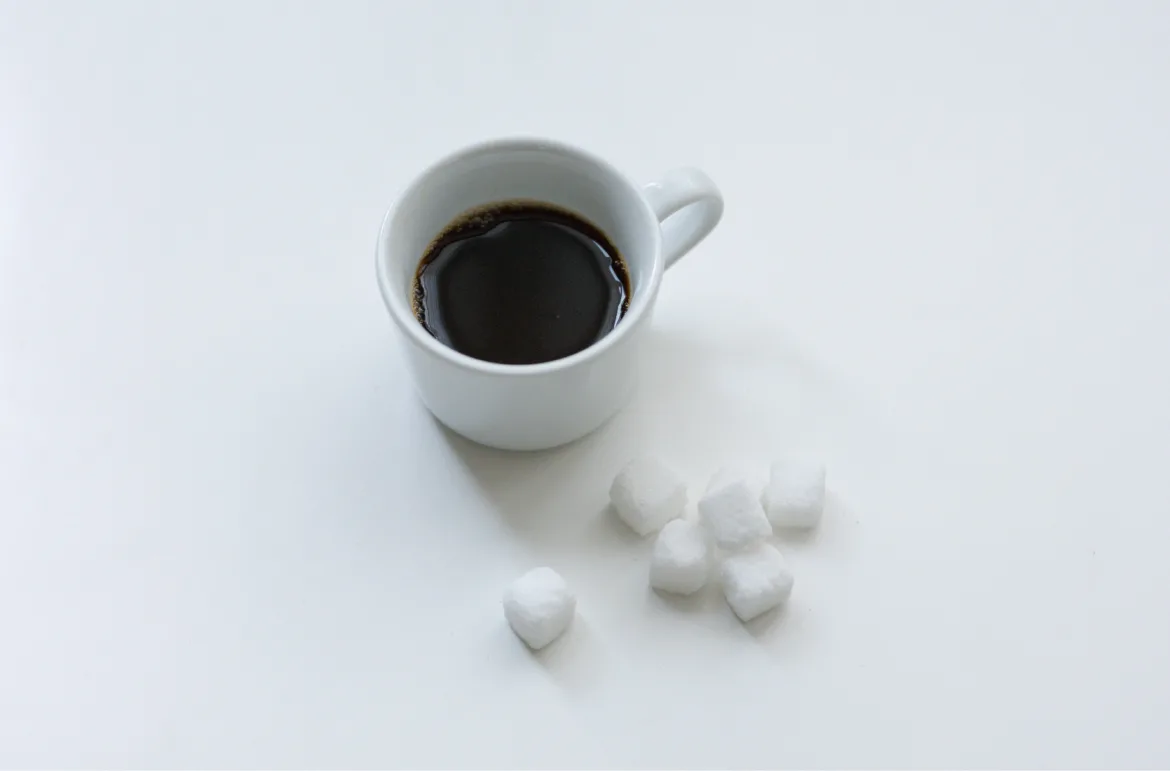Dr. Shinohara explains that fatigue in the small organ called the adrenal gland, which helps us cope with stress, can cause various health problems. The main causes of “adrenal fatigue” are ① stress, ② blood sugar regulation, ③ inflammation, and ④ unhealthy lifestyle. This time, we’ll focus on how blood sugar regulation and inflammation, both related to diet, can affect adrenal fatigue. It seems that our everyday eating habits may actually overwork the adrenal glands and lead to mental health issues.
We spoke with Dr. Takeshi Shinohara from Tokyo Harajuku Clinic, who has personally experienced health and mental issues due to “adrenal fatigue.” He shared insights on the importance of diet.
No Breakfast and Eating Too Much, Too Fast Can Lead to Adrenal Fatigue!
The term “blood glucose spike” is now well-known, and it’s widely recognized that sudden rises and drops in blood sugar can damage blood vessels and increase the risk of arteriosclerosis, heart attacks, and strokes. However, blood glucose spikes are also a major problem for the adrenal glands and mental health. As mentioned before, if blood sugar regulation becomes too stressful, it can leave the adrenal glands completely exhausted.

“Blood glucose spikes are often caused by how you eat. For example, skipping breakfast. Many people skip breakfast nowadays because they are ‘too busy’ or ‘don’t have time.’ When you do this, your body lacks the energy to start the day, so your adrenal glands work harder, leading to adrenal fatigue,” says Dr. Shinohara.
Other causes of blood glucose spikes include eating too many sweets, eating too quickly, and eating large portions. People who habitually eat sweets while working or use their phones or computers during meals are more likely to experience blood glucose spikes without realizing it.

“Nowadays, you can buy blood glucose meters like the Libre, which let you easily track your blood sugar levels yourself (*but use it at your own risk). I tried it for an experiment, and it clearly shows how blood sugar levels spike and drop dramatically if you eat unhealthily, like eating too quickly on an empty stomach or having a rice ball right before bed (laughs). If you’re interested, it might be a good idea to try measuring your blood sugar yourself.”
To avoid extreme hunger, make sure to eat three balanced meals a day. Start your meals with protein and fiber-rich dishes instead of staple foods like rice and bread. Watch your intake of carbohydrates and sugar, and eat slowly, chewing your food thoroughly. This “gentle way of eating” supports your adrenal glands.
The popular “sugar-free” and “16-hour fasting” diets might work well for people who are energetic and healthy but tend to overeat. However, they can be very harmful to those with adrenal fatigue, so it’s important to be cautious.
“However, you don’t need to stress about having a perfect breakfast. It’s perfectly fine to just have a convenience store rice ball and instant miso soup. Serious people tend to worry about additives or insist on organic food, but the priority should be eating breakfast over avoiding additives. Eating something, even if it has additives, is much better for your body than skipping breakfast. There are quite a few people who eat organic food but are still unhealthy (laughs).”
Avoid eating habits that cause inflammation to keep both your gut and adrenals healthy.
Another cause of adrenal fatigue is inflammation. Inflammation happens when the immune system reacts to protect the body. It shows up as heat, pain, redness, and swelling.
“The hormone cortisol, produced by the adrenal glands, not only helps control blood sugar levels but also “suppresses inflammation.” When there is inflammation anywhere in the body, cortisol is constantly released to fight it, which can lead to adrenal fatigue. Therefore, it’s crucial to identify and address the sources of inflammation to prevent this issue.”
When Dr. Shinohara works with his patients, he finds that most of them have inflammation in their gut. Many people experience constipation, and their stomachs become bloated right after eating. The bloating is caused by the inflammation, and the inflammation is worsened by the bloating. He says that many people are troubled by this issue and find that it doesn’t get better even with medical treatment.
The reason for bloating is that bad bacteria are growing in the gut. When you eat, it feeds those bacteria, which produce gas and cause your stomach to swell. Reducing inflammation by following a diet that lowers bad bacteria can also help recover from adrenal fatigue.
The main food that causes gut inflammation is wheat. Foods like bread and noodles that contain gluten can stress the gut. Dairy products like milk, yogurt, and cheese can also cause issues. It’s known that Japanese people often have difficulty digesting the “casein protein” in these products. Many people eat “bread and yogurt” for breakfast, but if you tend to have a bloated stomach, it’s better to avoid this combination.
Sweet foods and caffeine, which we discussed earlier in relation to blood sugar control, are also major causes of bad bacteria growth. If you’re aware that you easily get tired or feel depressed, signs of adrenal fatigue, it’s important to limit your intake of these.

I can almost hear people saying, “So, what should I eat?” The answer is that traditional Japanese food is best. Rice, miso soup, a main dish of meat or fish, and a side of vegetables. Going back to these simple basics is kind to both your gut and adrenal glands.
When you’re unsure, it’s good to keep ‘Mago wa yasashii’ in mind. This phrase stands for ingredients like ma (mame, beans), go (goma, sesame seeds), wa (wakame, seaweed), ya (yasai, vegetables), sa (sakana, fish), shi (shiitake, mushrooms), and i (imo, potatoes). Whether you’re eating out or buying food at a convenience store, if you focus on including these foods, you’ll naturally balance your nutrition and move closer to a diet that’s gentle on your gut.

In the third part (released on March 15), he will explain the cause of adrenal fatigue related to ④ unhealthy lifestyle.
Have a try !
Start with the basic combination of rice and miso soup, and remember to chew slowly.






